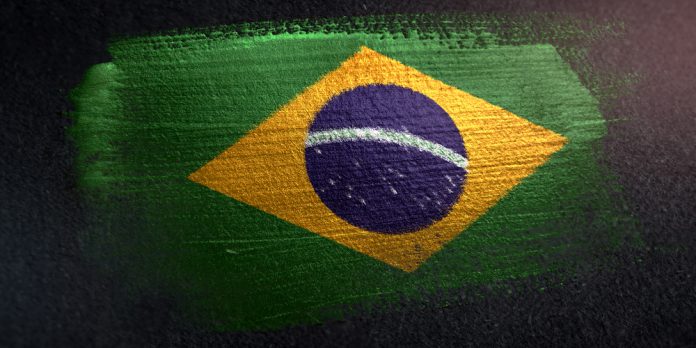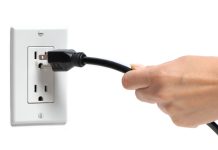Arthur Lira, President of the Brazilian Chamber of Deputies, has managed to include a vote on the gambling regulation in this week’s legislative agenda. However, Deputy Felipe Carreras, in charge of drafting the bill, has presented an update that changes the regulation.
The amendments of Bill 442/91 are in line with an interest to establish greater controls for the industry. The sports betting sector was included in the update, while casino, bingo, video-bingo, jogo do bicho, and igaming kept the same regulations.
As reported by BNL Data, the possibility of racetracks having bingo halls and video bingo machines in their facilities was excluded from the text. This new version also introduces a new mechanism to limit the number of igaming and jogo do bicho operators.
According to the new rules, the number of licenses for these two modalities will be subject to the population in each state. For every million people, each federal unit will get one license, while each district with less than a million inhabitants will only have one operator.
The sports betting chapter in the bill would replace articles 29 to 35 of Law No. 13,756, of December 12, 2018, which legalized sports betting. In addition, this regulatory proposal would also reach online gaming in general and jogo do bicho.
The new text establishes that the federal regulatory and overseeing body may authorize the exploitation of online gaming, sports betting and jogo do bicho through electronic channels, internet, mobile phones or devices, and any other authorized digital communication channel, in addition to land-based facilities.
The license to operate these modalities will be granted for 25 years, although companies will have the option to renew them for an equal period if they still comply with the laws.
In regards to casino resorts, the proposal doesn’t include new modifications and will still be limited to 27 facilities based on population: three would be located in São Paulo, two in Rio de Janeiro, Minas Gerais and Salvador, and one for states with less than 15 million inhabitants.
The casino license would be obtained through a process that selects the largest proposed investment, with a capital of at least 100 million reals. Slots machines would only be allowed at gambling halls at integrated resorts, meaning that they would be prohibited at any other facility even if they operate other types of games.
On the other hand, the proposal includes some changes to bingo operations. Apart from electronic bingo, the only gambling modality allowed at bingo halls will be video bingo. A maximum of one bingo hall will be allowed for every 150k inhabitants, while in cities with less than that, a maximum of one bingo hall will be authorized.
Taxes
The new text also introduces the Contribution for Intervention in the Economic Domain (Cide-Jogos), which will be a tax on the sale of games and bets on the gross income resulting from the total winnings.
The proposal establishes a Cide-Jogos of 17% for all modalities and exempts gaming and betting operators from taxes already in force, such as ISS, PIS/PASEP, and Cofins, IRPJ, and CSLL.
The text maintained the Gaming Inspection Rate (Tafija), which forces gaming and betting operators and authorized tourism entities to pay quarterly taxes, different for each modality.
The Income Tax rate for people who obtain prizes will be 20% on net winnings, while it will also be held by the operating entity and there will be an exemption if the value of the net profit is up to 10k reals.
Additionally, the new text sets the creation of a provision that grants 24 months for the regulation of the current illegal operators. This also gives the Executive branch enough time to regulate the law, before the activity is considered a crime.













